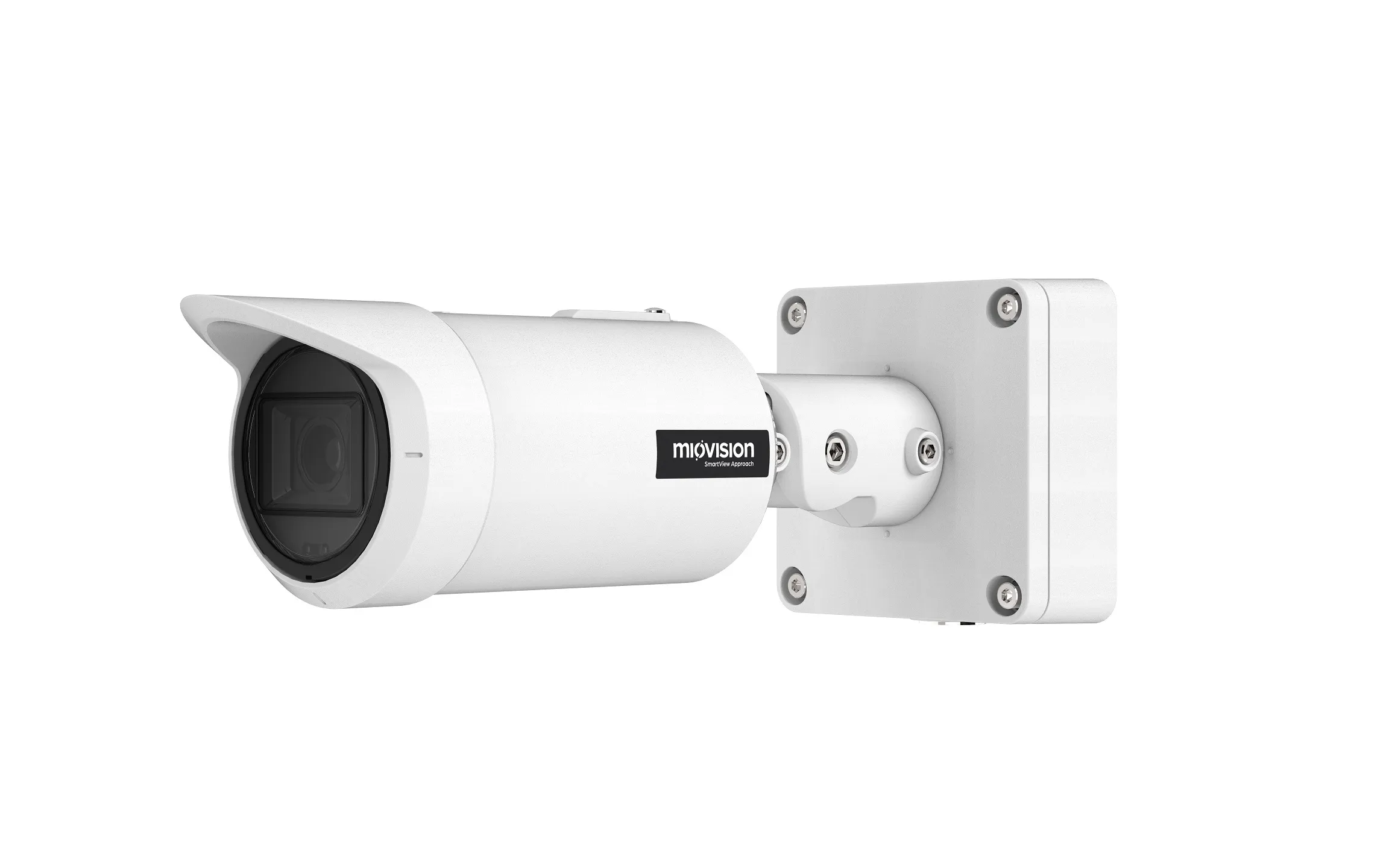Continental has released a short-range radar which it says offers a right-turn assist function for passenger cars to help protect cyclists and pedestrians.
It intervenes if the driver wants to turn right when a cyclist is about to pass along the right-hand side of the vehicle. If the radar sensors detect a cyclist, they transmit a signal to the brakes to stop the car, the company adds.
According to Continental, the radar generation operates using 77GHz technology, allowing the radar sensor to detect
July 5, 2019
Read time: 1 min
Continental has released a short-range radar which it says offers a right-turn assist function for passenger cars to help protect cyclists and pedestrians.
It intervenes if the driver wants to turn right when a cyclist is about to pass along the right-hand side of the vehicle. If the radar sensors detect a cyclist, they transmit a signal to the brakes to stop the car, the company adds.
According to Continental, the radar generation operates using 77GHz technology, allowing the radar sensor to detect the environment at a higher resolution and level of accuracy.
One of the radar sensors can be positioned at each of the four corners of the vehicle body to ensure 360-degree monitoring of the vehicle surroundings.








